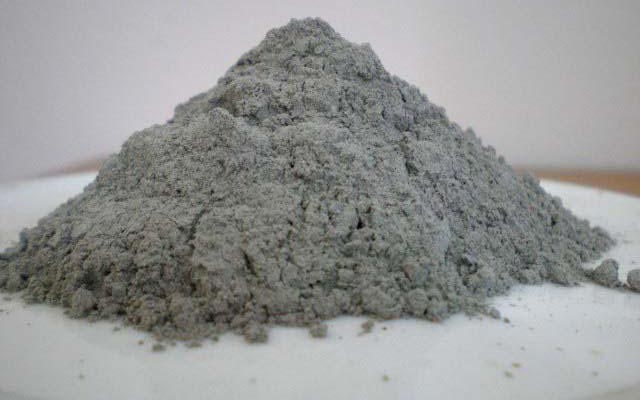
Smart materials have different properties that can be changed according to the conditions in a controlled way by external factors, such as temperature, light, stress, moisture, electric or magnetic fields, pH or chemical compounds. These are also known as intelligent or responsive materials.
Their unique properties make them crucial materials in many fields of engineering. They are used in various civil engineering projects and contribute to increased performance and energy efficiency of a structure.
With the advancement of technology and the researches, new materials have been the developed and new types of smart materials have been introduced. Following are some of the varieties of materials which can be called as Smart materials.
Types of Smart Materials
Electrochromic Materials
These are the materials which alter their light transmission properties when the voltage is applied to them. They affect the optical colour or opacity of a surface when a voltage is applied to them and also known as chromophores.
Electrorheological Fluids
These are the materials which are having colloidal suspension that undergoes changes in the viscosity when they are subjected to an electric field. These are Fluids which are highly sensitive and respond instantaneously to any change in the applied electric field. They are used in shock absorbers.
Piezoelectric Materials
These are the materials which possess capability to produce voltage when surface strain is introduced. These are the materials which undergo deformation when an electric field is applied across it. When it is integrated into a structural member, these materials generate an electric field in response to magnetic forces.
Magnetostrictive Materials
These are the materials which undergo mechanical deformation is proportional to the square of the electric field, which refers to the material quality of changing size in response to either magnetic field, and conversely, producing a voltage when they are stretched. These have been widely used in pumps, valves and aerospace wind tunnel.
Shape Memory Alloys
These are the materials which possess the ability to regain to some previously defined shape or size when they are subjected to the suitable thermal changes. Shape memory alloys have their applications in new civil engineering projects in the seismic protection of buildings. These are used in civil engineering projects for repeated absorption of strain energy without permanent deformation, for obtaining a wide range of the cyclic behaviour and to resist the fatigue resistance and they are used due to their great durability and reliability in the long run.
Applications of Smart materials
- Smart Materials are used in constructing smart structures and which are capable of sensing minute structural cracks and flaws.
- Smart Materials can be used for electromagnetic shielding and for enhancing electrical conductivity.
- Smart Materials plays a vital role in the construction of road pavements as a traffic-sensing recorder, and also melts ice on highway and airfields during snowfall in the winter season bypassing the low voltage current through it.
- Smart Materials are used in the designs of Smart buildings. They are used for vibration control, noise mitigation, safety and performance.
- Smart Materials are used in smart buildings for environmental control, structural health monitoring.
- Smart Materials are used to transform efficiency, comfort and safety for people and assets in smart buildings.
- Smart materials also reduce the effects of earthquakes.
- Smart Materials are used in marine and rail transport applications for strain monitoring using embedded fibre optic sensors.
- Smart Materials have used for the construction of Smart bridges especially cable-stayed bridges with a wider span to avoid the increases susceptibility to vibrations which are caused by wind, rain or traffic. These structures require less maintenance and the response of a structure can be monitored conveniently.
- Smart Materials are also used to monitor the civil engineering structures to evaluate their durability.
- Smart Materials are used to monitor the integrity of bridges, dams, where the fibre-optic sensors are embedded in the structures, are utilized to identify the trouble areas.
- Smart Materials can be used to rehabilitate the cracking and flaws of concrete when super elasticity smart material is used as the reinforcement bar.
References:
Also Read:


Excellent and concisely presented.